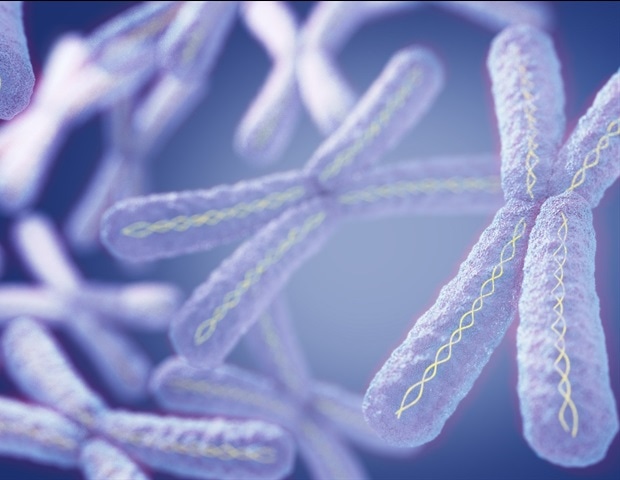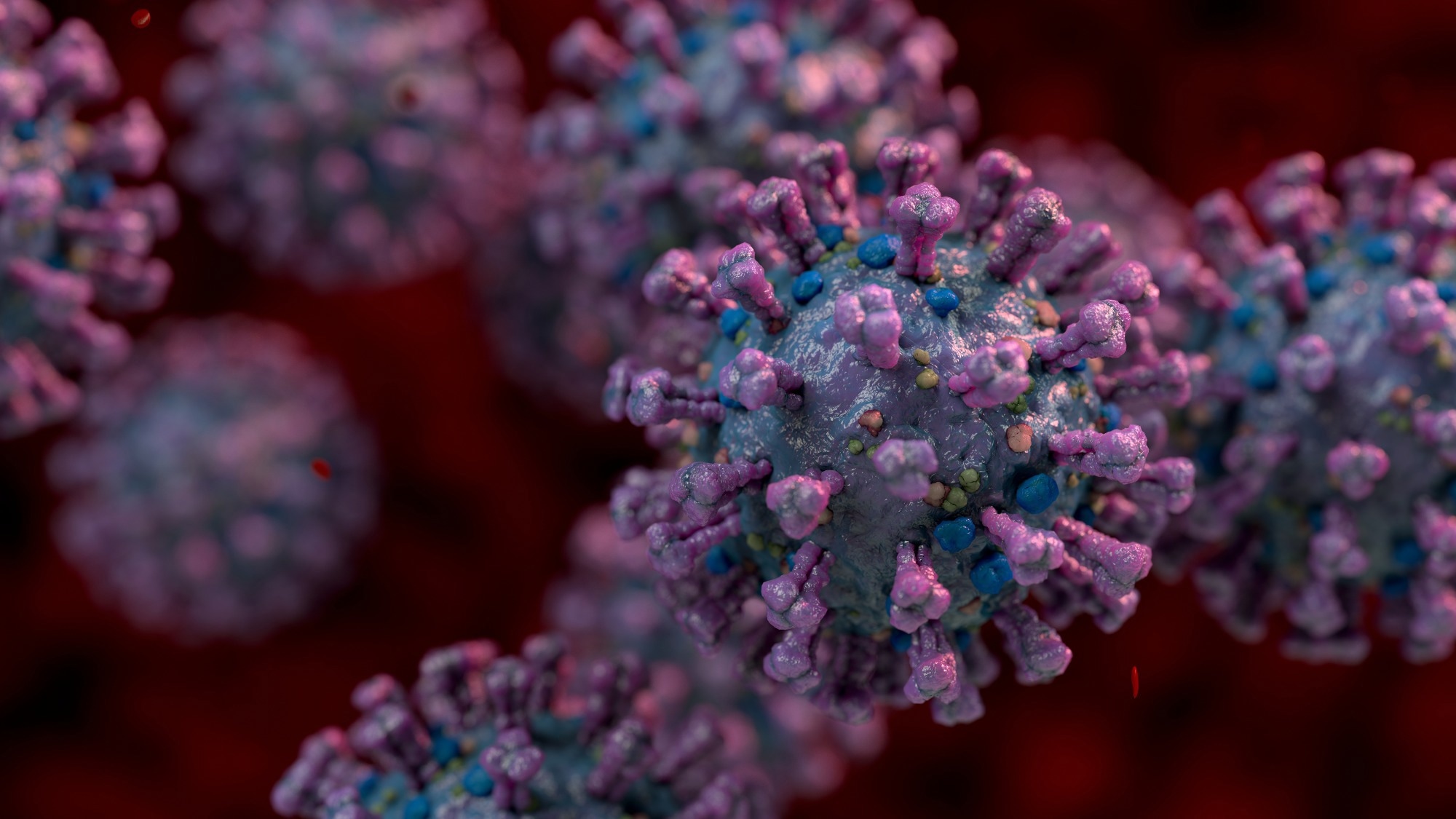Findings of a recent study published in Nutrients found that coffee is the main source of caffeine in pregnant women. Milk-chocolate consumption also increases during pregnancy––which heightens the risk of compromising weight control and lipid profile. Further, higher caffeine intake during pregnancy correlated with deleterious habit continuation – like smoking, an unregulated diet, and minimal physical activity.

Background
Caffeine is a psychoactive compound found in coffee, tea, hot chocolate, sodas, and energy drinks. Caffeine stimulates the central nervous system (CNS) and may aid in counteracting fatigue and improving focus and concentration.
Caffeine can freely cross the placenta and is metabolized by the liver (maternal). The fetal liver and placenta, however, lack the cytochrome P450 enzyme (CYP1A2) and hence cannot process caffeine. Therefore, recommendations suggest pregnant women consume no more than 200 mg of caffeine per day, owing to the relationship between maternal caffeine intake and stillbirths, low birth weights, and overweight or obese infants.
Adequate data regarding caffeine consumption during pregnancy and behaviors like deleterious habit continuation is lacking. During pregnancy, smoking was correlated to non-compliance with caffeine intake guidelines. However, links between prenatal caffeine consumption, the quality of the mother’s diet, and other lifestyle factors, such as physical activity or insomnia, are yet to be established.
In the present study, caffeine consumption was assessed before and during pregnancy, as well as fluctuations in caffeine intake and variables related to non-compliance with caffeine intake recommendations during pregnancy.
About the study
The present prospective cohort study assessed lifestyle factors such as caffeine intake, smoking, insomnia, physical activity, and adherence to Mediterranean Diet (AMD). Here, researchers studied caffeine consumption and parameters and parameters linked to non-compliance with caffeine intake guidelines in pregnant and non-pregnant women.
In this study, 463 pregnant women underwent standard questionnaires that assessed caffeine intake and variables related to non-adherence to caffeine intake recommendations. The questionnaires were completed before (T0) and during each trimester (T1, T2, and T3).
Caffeine intake was evaluated pre-pregnancy (three months before conceiving), in T1, T2, and T3. The type of preferred drink containing caffeine (coffee, tea, cola drinks, and energy drinks) and milk and dark chocolates was determined. Multiple logistic regressions were used to determine variables related to non-compliance to caffeine guidelines during each trimester of pregnancy.
The findings
The findings of this study indicated that the prevalence of caffeine consumption during pregnancy was lower compared to the pre-pregnancy statistics. However, the tendency seemed to increase throughout pregnancy. Meanwhile, caffeine (measured in mg) consumed was higher pre-pregnancy and tended to reduce throughout pregnancy.
Among the study cohort, six out of a hundred women consumed more caffeine than recommended at the beginning of pregnancy. While pre-pregnancy (T1, T2, and T3) consumption levels of milk chocolate were the highest. Milk-chocolate intakes increased at T2 and T3 compared to before pregnancy; at T1 and T2, decaffeinated coffee intake had a similar prevalence as cola drinks, which was also comparable to T3.
All data sources analyzed showed a reduction in intake prevalence at T1. However, at T2 and T3, milk chocolate and decaffeinated coffee consumption increased the most compared with T1. Taken together, the consumption of coffee, cola drinks, milk chocolate, and decaffeinated coffee contributed the most to the daily caffeine intake before and during pregnancy.
Caffeine intake (median, interquartile range) was 100 mg/day (181.1) at T0, 9.42 mg/day (66.2) in the first trimester, 12.5 mg/day (65.6) in the second trimester, and 14.0 mg/day (61.1) in the third trimester. Of note, caffeine consumption was higher among smokers before and during pregnancy. The prevalence of non-compliance with pregnancy-related caffeine recommendations was 6.2% at T1; 4.2% at T2; and 2.7% at T3.
Further, women who engaged in moderate physical activities also adhered to the Mediterranean diet and consumed fewer milligrams of caffeine per day during the first trimester of pregnancy.
Since the study was conducted after the woman became pregnant, there were several limitations, including a possible memory bias. In addition, medications and dietary supplements were not considered when measuring caffeine; caffeinated beverages and snacks were the only items considered.
During trimester 1, only 6.2% of the women in the present cohort consumed more than 200 mg of caffeine, and this proportion decreased as the pregnancy progressed.
Conclusion
The results depicted that high caffeine intake during pregnancy and lower compliance with caffeine intake recommendations are associated with smoking, non-adherence to a healthy diet, and moderate physical activity. Thus, nutrition and lifestyle education guidelines and policies for pregnant women are of utmost importance.














